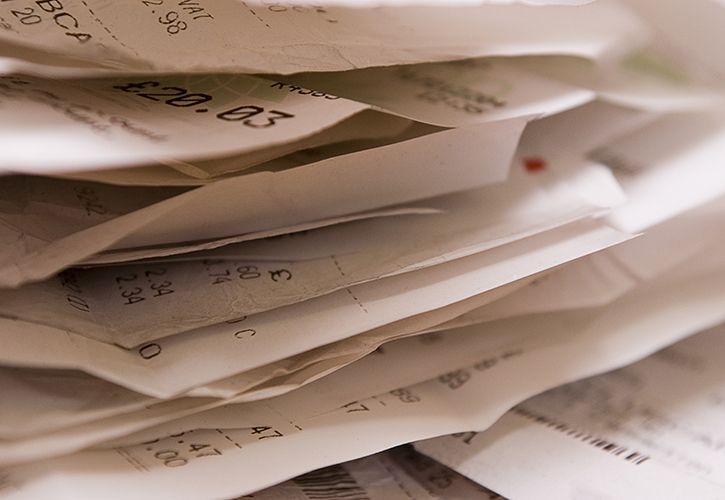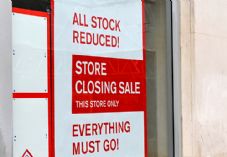UK DIY News
KPMG: Discretionary Spend Hit As Household Costs Pressures Mount

Four in ten consumers say they’ve cut back on non-essential spending, reducing their monthly discretionary budget by £77 on average compared to the start of the year, according to KPMG’s quarterly Consumer Pulse.
The latest figures from the survey of 3000 people across UK regions shine a light on consumer behaviour and sentiment with nearly half of 2024 gone, and as the country heads into the final weeks before the general election.
The scale of essential cost pressures has even seen 5% of consumers reporting that they have reduced their monthly non-essential spending by over £200 compared to when 2024 began. On average, those aged 25 to 34 say they’ve made the highest monthly cut to their discretionary spending.
The findings also show the divide that household cost pressures are having on consumer confidence. A quarter of consumers feel less secure about their financial circumstances than when the year began, but a quarter feel more secure.
Commenting on the findings, Linda Ellett, UK Head of Consumer, Retail and Leisure for KPMG, said: “Our research clearly indicates that many households have had to continue to find ways to cut non-essential spend so far this year, with some making sizeable cuts as they adapt to or prepare for significant cost hikes, such as a remortgage or rent increase.
“Slowing inflation does not mean that consumers are seeing a reduction in prices and costs, and the overall squeeze on many monthly budgets continues.
“Consumers are cutting back spend through seeking out cheaper brands or promotional offers, buying fewer items, and by restricting the everyday treats such as eating out.”
Eating out (67%), clothing (59%), and takeaway food (56%) are the three most common cost-cutting targets for those reducing non-essential spend. While a third have reduced spend on beauty products, with a quarter cutting back on TV or music streaming services.
The 3000 consumers were also asked about what steps they are taking when shopping to save money, with:
- 32% saying they are buying more promotional / discount produce.
- 31% saying they are buying fewer items.
- 31% saying they are buying more own brand / value goods.
- 30% saying they are using loyalty schemes more.
- 27% saying they are buying more lower price branded goods.
- 25% saying they are shopping more at lower cost retailers.
- 18% saying they are buying more pre-owned goods. Rising to 24% in the South West.
- 13% saying they are using credit card more. Rising to 19% in London.
A fifth said they had switched brands on frozen foods, fresh produce, and clothing, respectively. While one in ten reported switching their insurance, mobile phone, or broadband provider.
The top five big ticket purchases so far in 2024 are:
- Holiday: 30%
- Home improvements: 14%
- Personal tech: 13%
- Home appliances: 12%
- Petrol or diesel vehicle: 8%
Appetite to use savings during the rest of 2024 for big purchases was limited, but 35% said they would use some for a holiday, while a quarter said they would do so for home improvements.
Also looking ahead to the rest of the year, 22% of consumers said they expected to feel more financially secure, while 19% said they would feel less so.
Linda Ellett added: “As we head toward the election, many households are still adapting to higher costs, consumer confidence and feeling of financial security are clearly divided, and there remains limited appetite to make major purchases. This is the landscape facing the next government as they develop their future economic policy.”
Source : KPMG
Image : ijoe84 / iStock / 140386596
Insight DIY is the only source of market information that I need and they always have the latest news before anyone else.











































